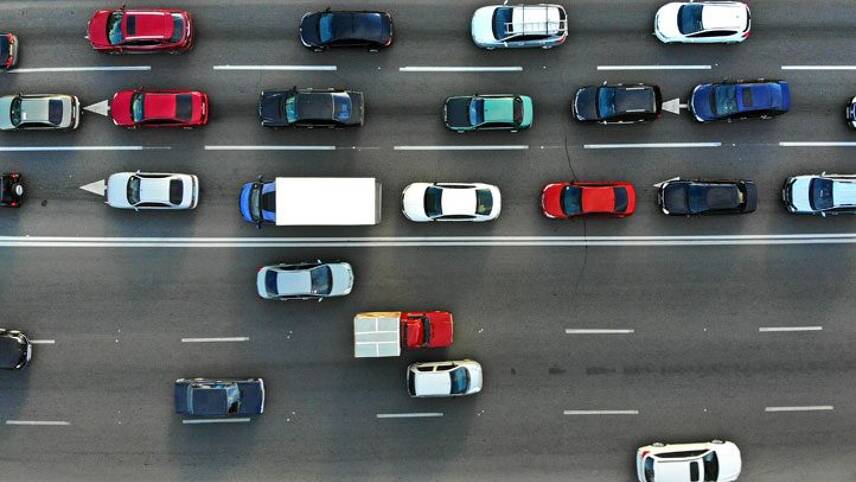Register for free and continue reading
Join our growing army of changemakers and get unlimited access to our premium content

The ITF believes that transport emissions can be reduced by more than 70% by 2050 through enabling policies
The International Transport Forum’s (ITF) Transport Outlook 2021 report notes that global transport activity is set to more than double by 2050, delivering a 16% rise in emissions from traffic-based transport alone compared to 2015 levels.
Road transport is the fastest-growing contributor to global emissions, accountable for 24% of energy-related carbon emissions. Currently, more than two billion road vehicles have internal combustion engines and those vehicles are a big contributor to air pollution.
The ITF, a sister organisation of the OECD, warns that current commitments to decarbonise transport will actually deliver an increase in emissions by 2050, the decade in which nation’s need to reach net-zero emissions.
The report warns that urban mobility currently accounts for 40% of emissions from the transportation of people, meaning that cities have a key role to play in decarbonising the transport sector. Just last week, Paris Mayor Anne Hidalgo unveiled new plans to ban most vehicle traffic in the city centre by 2022.
According to the report, freight accounts for 40% of global transport emissions and its share is set to grow over the coming years by 22%, with freight transport activity set to grow 2.6-fold. Elsewhere, passenger transport will increase 2.3-fold.
However, the ITF believes that transport emissions can be reduced by more than 70% by 2050 through enabling policies.
The ITF states that recovering from the Covid-19 crisis offers an economic stimulus to shift mobility towards low-carbon solutions while improving access for all citizens across the globe.
Doing so would require governments to set ambitious new climate targets through Nationally Determined Contributions under the Paris Agreement. The UK, for example, is aiming to reduce emissions by 68% by 2030 as part of its updated Contribution.
Additionally, the report notes that decarbonising the transport sector requires better cross-sector collaboration with the energy, trade and tourism sectors.
ITF Secretary-General Young Tae Kim said: “I am proud to present the 2021 edition of the ITF Transport Outlook. It provides policy makers with insights from cutting-edge ITF research on the three major challenges of our time: the Covid-19 pandemic, climate change and inequality. It shows how they are linked, but also identifies actions – actions that are critical to ensure an effective and equitable transition to sustainable mobility on an urban, regional and global level in the wake of the pandemic.”
Last month, International non-profit the Climate Group partnered with the UN High-Level Climate Champions to launch a new initiative aimed at getting businesses, cities and regions to completely decarbonise all forms of road transport.
RouteZero will support the UK’s efforts to mobilise climate action in the build-up to COP26 and was designed in response to the UN Race to Zero Breakthroughs. The Race to Zero Breakthroughs were published in a special paper by the UN High-Level Climate Champions, COP26 President Alok Sharma, COP25 President Carolina Schmidt, and the UNFCCC’s Executive Secretary Patricia Espinosa at the World Economic Forum’s Davos Agenda. It will build on the Race to Zero campaign that was launched in June 2020.
Matt Mace


Please login or Register to leave a comment.